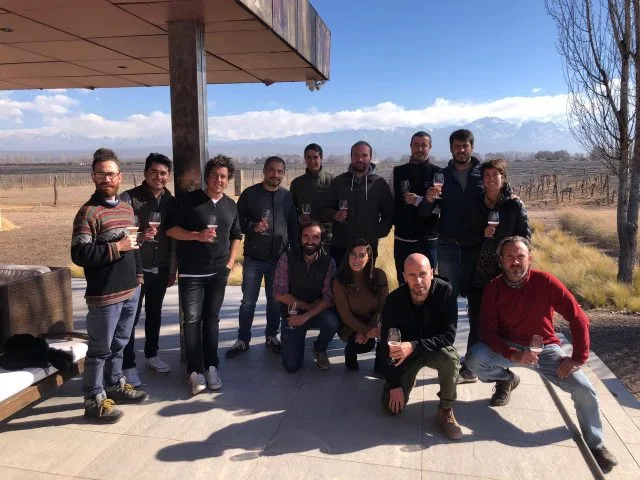Organic and biodynamic winemaking isn’t always easy, but in Argentina an increasing number of producers are prioritising sustainable winemaking practices in an effort to improve biodiversity and preserve vineyards for future generations. In 2005 there were just 273 hectares of vineyards certified organic across Argentina. By 2022, this had risen to 10,650 hectares of organic certified vineyards – the largest in its history. A further 530 hectares of vineyards are certified biodynamic by Demeter, again, the largest proportion in its history. This increase is being driven by a change in mentality of many producers and wineries, as well as demand from consumers, who are interested not only in the quality of wine but how those wines are produced and their reflection of the place they come from. “In the last 15 years, the new generation of winegrowers and oenologists have begun to focus on this way of production to produce high-quality wines,” says Mauricio Castro, coordinator of VinoDinámicos – a non-profit alliance formed in 2018 by 10 producers in Mendoza with the aim of promoting and supporting sustainable viticulture across Argentina. “Consumers are also making a change in their perception. This has been supported by increasing the quality of the wines and the search for a healthier lifestyle.” This year alone, VinoDinámicos has shared research on nutrient balance, compost production, sulphite management and substitution, and on correlations between climatic variables and microorganisms. It also collaborated in the organisation of the Wines of Argentina Sustainability Forum, and is carrying out research
This Article was originally published on The Drink Business - Wine






